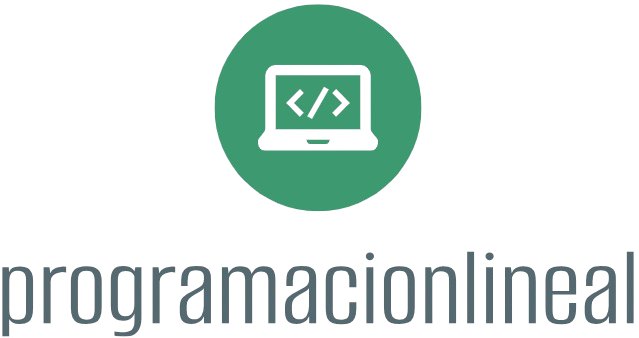Starting a career in backend development can be an exciting journey into the world of technology and software engineering. Backend developers play a crucial role in building the server-side logic that powers web applications. Here’s a step-by-step guide to help you begin your career as a backend developer:
- Understand the Basics of Web Development
Before diving into backend development, familiarize yourself with the fundamentals of web development. Learn how the web works, including how browsers communicate with servers and the difference between client-side and server-side programming. A solid understanding of HTML, CSS, and JavaScript (for client-side) will provide a foundation for your backend skills.
- Choose a Programming Language
Backend development can be accomplished using various programming languages. Some popular options include:
– Python: Known for its simplicity and readability, Python is often used in web frameworks like Django and Flask.
– JavaScript (Node.js): JavaScript can also be used for backend development using Node.js, making it possible to use the same language for both the frontend and backend.
– Java: A widely-used language known for its reliability and scalability, commonly used with frameworks like Spring.
– Ruby: Known for its elegant syntax, Ruby is often used in the Ruby on Rails framework.
– PHP: A server-side scripting language that powers many content management systems (like WordPress).
Choose a language that resonates with you and is relevant to the job market in your area.
- Learn about Databases
Understanding how databases work is crucial for backend development. Familiarize yourself with:
– SQL databases: Such as MySQL, PostgreSQL, or SQLite.
– NoSQL databases: Such as MongoDB or Cassandra.
Learn how to design, query, and manage databases, as interacting with databases is a key part of backend development.
- Master Backend Frameworks
Most backend developers use frameworks to streamline their development process. Learning a framework can significantly improve your productivity. Depending on your chosen programming language, consider the following:
– Django or Flask for Python
– Express.js for Node.js
– Spring for Java
– Ruby on Rails for Ruby
These frameworks provide built-in functionalities that help you build applications more efficiently.
- Understand APIs
Application Programming Interfaces (APIs) are essential for enabling communication between different parts of a web application. Learn about:
– RESTful APIs: Understand how to create and consume RESTful services.
– GraphQL: An alternative to REST, which allows clients to request only the data they need.
Familiarize yourself with tools like Postman to test and document APIs.
- Learn Version Control
Version control systems are vital for collaborating with other developers and managing code changes. Git is the most popular version control system. Learn how to use Git and platforms like GitHub or GitLab for project management and collaboration.
- Work on Projects
Start building your own projects to apply your skills. Create a portfolio showcasing your work, which could include:
– A personal website
– Simple web applications (e.g., a blog or a task manager)
– API services
Contributing to open-source projects can also be a great way to gain experience and collaborate with other developers.
- Understand Deployment and Cloud Services
Learn about deploying your applications to cloud platforms such as:
– AWS (Amazon Web Services)
– Google Cloud Platform (GCP)
– Microsoft Azure
Understanding hosting services, CI/CD (Continuous Integration/Continuous Deployment), and containerization (e.g., Docker) will also be beneficial as you progress in your career.
- Stay Current and Network
Technology is always evolving, so staying up-to-date with industry trends is essential. Subscribe to blogs, podcasts, and online courses. Join online communities or local meetups to network with other developers, share knowledge, and learn about job opportunities.
- Seek Internships or Entry-Level Positions
Once you feel confident in your skills, start applying for internships or junior backend developer positions. Gaining real-world experience will be invaluable. Many employers look for problem-solving abilities, teamwork, and a willingness to learn, so be prepared to demonstrate these attributes during interviews.
By following these steps, you can lay a strong foundation for a successful career in backend development. Stay curious, keep learning, and don’t hesitate to seek help from the developer community as you advance in your journey.











